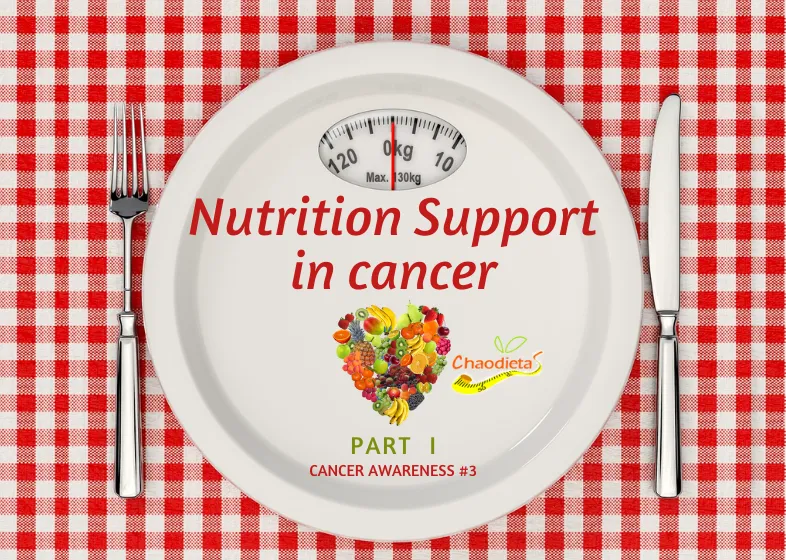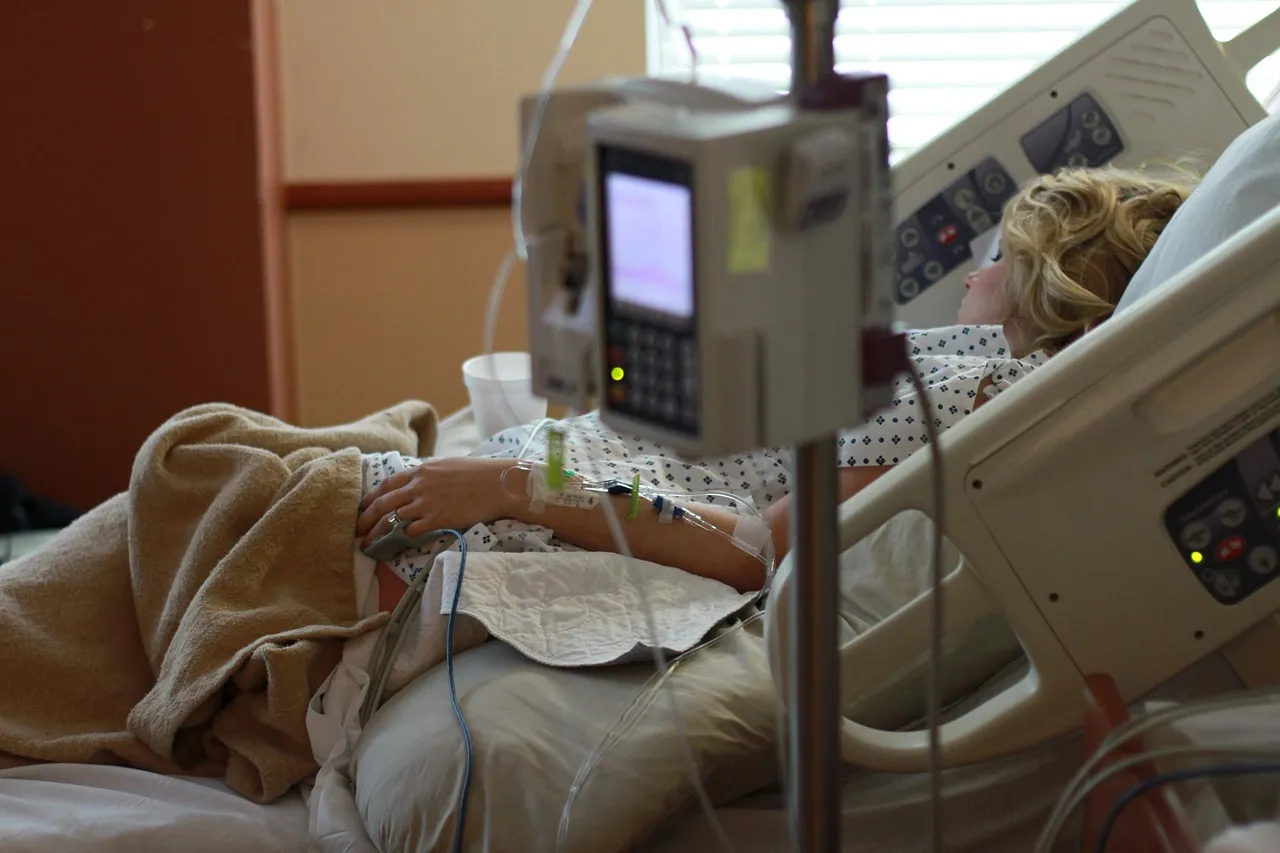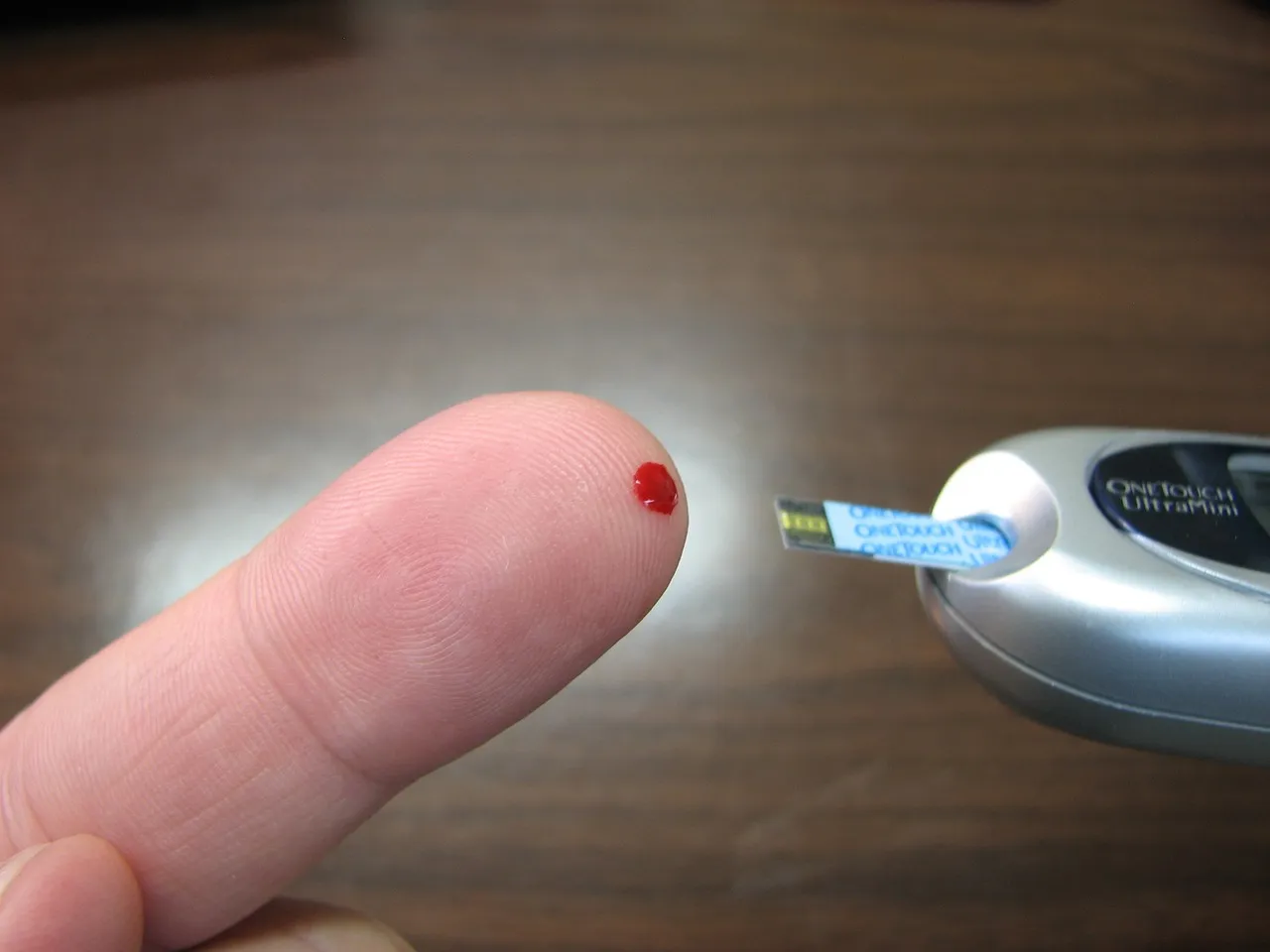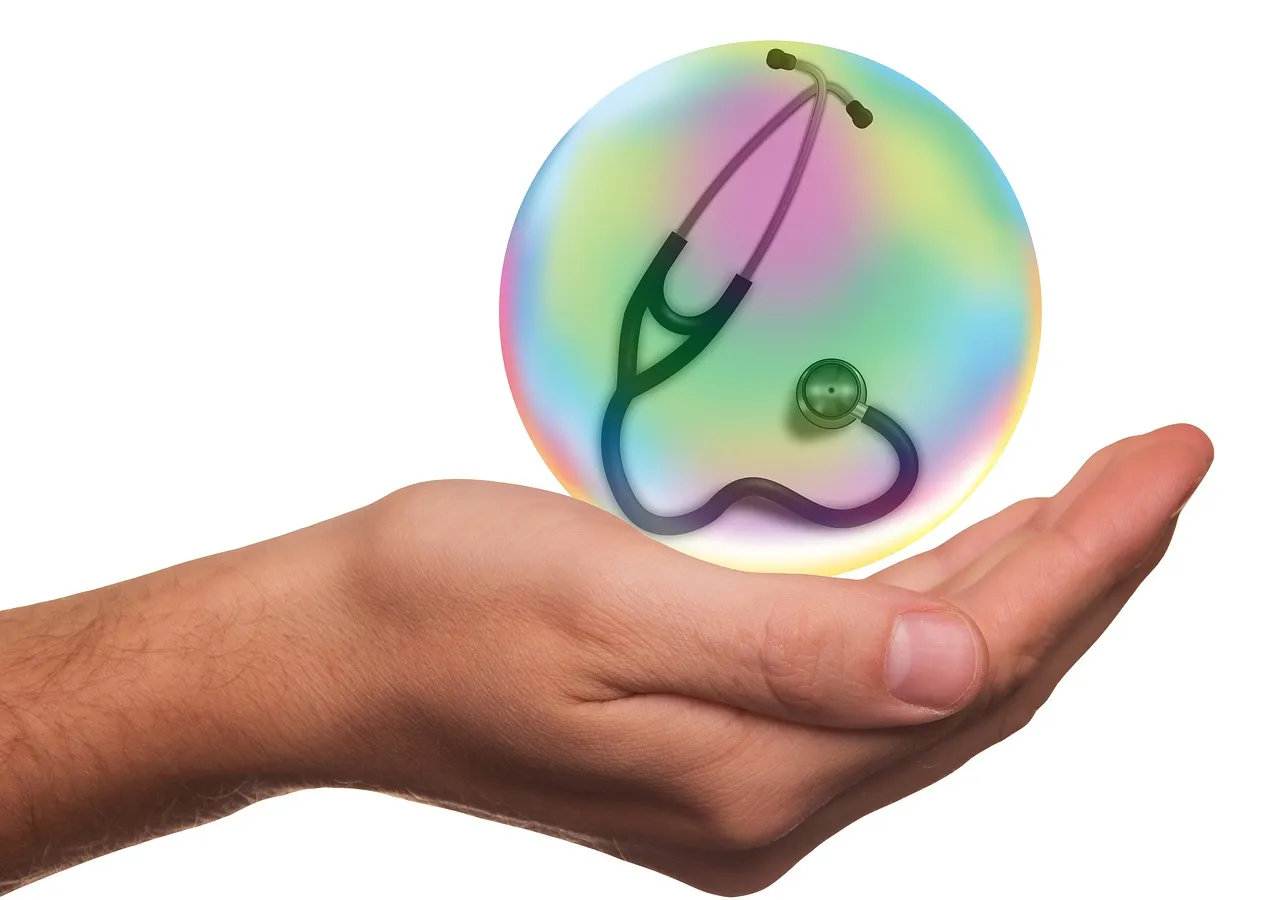The third week of discussions on cancer awareness in the MED-HIVE community has arrived. It has been weeks since some users have shared their professional and personal experiences on the subject. Today I want to share mine.


The first time I had a cancer patient was when I was still a nutrition student. I remember it was a young woman who was not even 40 years old. She had metastatic pancreatic cancer. I was very impressed by her deteriorated nutritional status. She was cachexic. The disease had progressed very quickly.
As soon as I saw this patient, I thought of devising a strategy to give her parenteral nutritional support. I had to do something! However, my enthusiasm was buried when my resident nutritionist told me that special formulas and tubes could not be spent on a terminally ill patient. All that was left was to hydrate her intravenously with pain medications. It was terrible for me. I could not believe that a feeding professional would deny this patient this right because she was hospitalized in a public center. Of course, I had the impetus of youth and the innocence of a student.

For many days I could not eat or sleep thinking about the hunger and thirst of this patient. The truth, the pain of terminal cancer is so terrible that I don't think the patient thinks much about food, but for me, this fact was decisive. It is why I decided in my profession to educate cancer patients and their caregivers about the importance of maintaining an adequate nutritional status to be able to face the treatments (chemotherapy, radiotherapy) and preserve their quality of life. The cancer patient deserves the best care until his or her last breath (this applies to all patients.

Feeding a cancer patient is sometimes challenging for the patient and their caregivers. There are many obstacles to overcome.
The natural evolution of the neoplastic disease often threatens the nutritional status of the patient, which begins from the moment of diagnosis when the psychosocial component (fear, depression, loss of personal interests or hope, and anxiety) negatively affects the patient's dietary intake. It can persist during treatment and affect their recovery. Malnutrition is a common problem among these patients, acting as an important component of adverse outcomes, including increased morbidity and mortality and decreased quality of life, where weight loss has been identified as one of the indicators of poor patient prognosis.

The main cause of this malnutrition is due to inadequate intake of carbohydrates, proteins and lipids to meet the metabolic needs of the cancer patient or reduced absorption of macronutrients and micronutrients as a result of lack of appetite (anorexia), early satiety and/or side effects of antineoplastic treatment (vomiting, diarrhea, changes in taste and smell).

In addition, the cancer patient undergoes changes in their metabolism as glucose intolerance and insulin resistance, increased lipolysis and increased whole body protein turnover, which is reflected in a greater taste of these patients for carbohydrates (sweets), weight loss with loss of body fat reserves and decreased muscle mass (malnutrition), which makes this patient a candidate for not completing their chemotherapeutic or radiotherapeutic treatment protocol, thus decreasing their chances of survival.
Therefore nutrition play important role in many aspects of the evolution and treatment of cancer, the most prudent and convenient method is the preservation of an adequate nutritional status from the diagnosis of the disease and during the oncological treatment through surgery, chemotherapy or radiotherapy, since the metabolism of the cancer patient is not adaptive. It means that it can increase, decrease or remain stable during the process.
Optimal nutritional practices can contribute to maintaining body weight and nutritional reserves in cancer patients, thereby mitigating symptoms that affect eating and improving quality of life.

The symptoms of cancer of nutritional impact are those that prevent oral intake. These include anorexia, nausea, vomiting, diarrhea, constipation, stomatitis, mucositis, dysphagia, taste, and smell alterations, and pain. Early recognition and detection of the risk of malnutrition through laboratory tests followed by a thorough nutritional anthropometric assessment is now recognized as vitally important in the development of quality standards of treatment in oncology practice.
If the cancer patient embarks on the path of improving his quality of life by accessing treatments such as chemotherapy or radiotherapy, nutrition is his fundamental pillar. The rate of cancer survivors is increasing in recent years so it is essential to consider a multidisciplinary intervention throughout the process. The oncology patient and their caregivers need to be guided by healthcare professionals especially to let them know when they are doing things correctly and to constantly motivate them.

In the next post, I will share some aspects related to the quality of the cancer patient's diet to mitigate some of the side effects of cancer treatments and to guarantee the continuous oral nutrition of these patients.

References:


